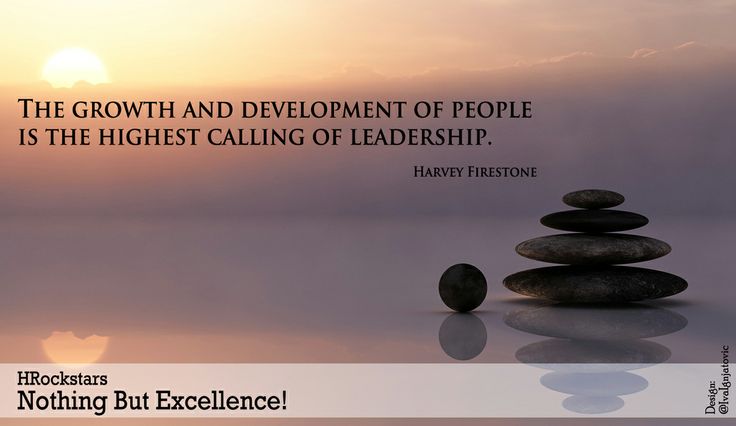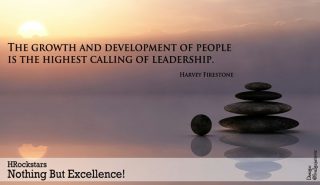People Development and Personal Growth


Positive effects are created in our environments when we begin to encourage people development (PD) and personal growth (PG) on an individual level. But when we begin rewarding this development and growth, then, we will have rapid growth in our organisations and the world at large.
Agreeing with Schneider (1987), organisations are the people. The people are also the organisation. The failure or success of the organisation is dependent on the people. Think about this – an organisation having world-class strategies, policies and practices but not good enough people for its execution! In paraphrase, I may say, ‘show me your organisation and I will tell you the type of people you employed or, tell me the type of people you employed, and I will tell you the type of organisation you will be growing’.
Invest in Your People
Strategies, policies and practices, theories, models and processes no doubt, have their place in every organisation but the people within the organisation trump them all. Why? The people are the executors. Therefore, people make an organisation. The language “impossible” then becomes non-existent for an organisation with the right resources having the right people with the right skill and attitude at the right time in the right place. No organisational challenge can beat a well-motivated, committed and engaged body of employees who feel the organisation treats them well and are having the employee experience of their life within an organisation.
People Development Plan
A 3600, full circle people development plan that encompasses performance management plan/performance improvement plan, career development, potential identification/development plan, succession planning, learning and development, coaching, mentoring, talent development/management, leadership/organisational capability development, employee-friendly reward and retention management scheme, employee wellness and wellbeing considering a great relationship exists between health and productivity; and importantly a diversified organisational environment that is all-inclusive. As research has shown that diversified organisations have a 15% to 35% likelihood to outperform those who have no diversity and inclusion plan (SHRM, 2017).
Knowledge Transfer and Learning
If you ask me, I would say: ‘happy people are a happy organisation’. An organisation with best international practices would ensure continuous learning, improvement and growth of its people. Learning could be expensive but the people and the organisation would be better for it. Moreso, there are learning solutions that need not necessarily bleed the organisation – mentoring, coaching, job shadowing, peer assist, joining communities of practice, giving employees a guided experience and/or special assignments under professional supervision, webinars, distance learnings, computer-based training and off-course the traditional instructor-led training. So, organisations should constantly ensure to discover and take advantage of the hidden talent and intellect within your organisation.
Simple Steps for Employee Development
- Define – what does success mean to the employee and the organisation?
- Assess – assess the current skill set and performance of the employee in sync with the organisation.
- Plan – What learnings and development are required to accomplish this?
- Perform – implement what is required at the employee and organisational level
- Review – review the effectiveness of set development actions and make necessary adjustments where needed.
So, much has been said for the organisation and its people. How do I ensure Personal Growth on an Individual Level?
Be open always, to constructive criticism, but do not personalise rejection. Do not allow your opinion of yourself to be coloured by the opinion of those who fail to see your best qualities and potential. Successful people all have one thing in common: they had to overcome rejection. After all, being afraid to take chances is scarier than actually doing things that challenge you. Strength comes from struggle. When you learn to see your struggles as opportunities to become stronger, better, wiser, then your thinking shifts from “I can’t do this” to “I must do this.
Organisations, therefore, stand to reap so much from employees who know the organisation is committed to and interested in them.